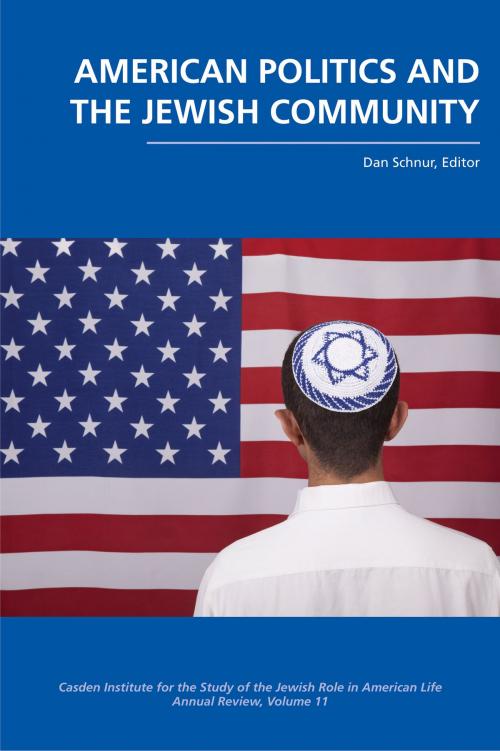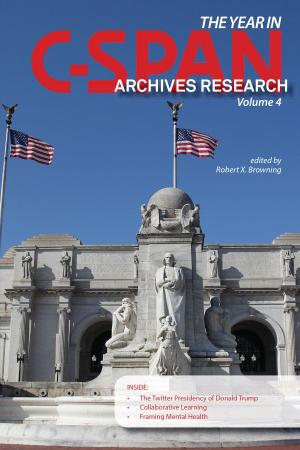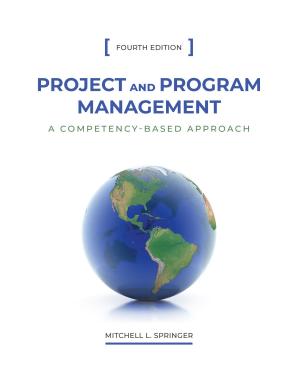American Politics and the Jewish Community
Nonfiction, Social & Cultural Studies, Political Science, Government, Local Government, Social Science| Author: | ISBN: | 9781612493008 | |
| Publisher: | Purdue University Press | Publication: | December 5, 2013 |
| Imprint: | Purdue University Press | Language: | English |
| Author: | |
| ISBN: | 9781612493008 |
| Publisher: | Purdue University Press |
| Publication: | December 5, 2013 |
| Imprint: | Purdue University Press |
| Language: | English |
At its broadest level, politics is the practice of making a community a better, safer, and more tolerant place to live. So it should be of no surprise that Americas Jews have devoted themselves to civic engagement and the democratic process. From before the Revolutionary War to the early twenty-first century, when America saw the first Jewish vice presidential nominee of a major party and the first Jewish Speaker of the House of Representatives, the Jewish community has always devoted itself to public service, issue advocacy, and involvement in politics and government at every level. While strong support for the safety and security of the state of Israel has been a hallmark of US foreign policy since Israels founding, it is by no means the only policy area in which American Jews are involved. Nor are American Jews monolithic in their politics. Although the Jewish community has become a reliable part of the Democratic Partys base in most partisan elections, American Jews represent a wide range of ideologies on most economic and foreign policy matters. In addition to becoming leaders in business and labor, in academia and in philanthropy, Jewish Americans have always helped shape the discussion over the issues that form the countrys future. In this volume, a mix of professors, graduate students, and lay people in the field of politics with a breadth of experience debate some central questions: Is Israel still the most important policy concern for American Jews? Why does the Jewish community vote Democratic in such overwhelming numbers? Can American Jews balance economic, security and human rights concerns in a rapidly changing international community? And how will such profound transformations affect the role of Americas Jewish community as the United States seeks out its own role in domestic and global politics?
At its broadest level, politics is the practice of making a community a better, safer, and more tolerant place to live. So it should be of no surprise that Americas Jews have devoted themselves to civic engagement and the democratic process. From before the Revolutionary War to the early twenty-first century, when America saw the first Jewish vice presidential nominee of a major party and the first Jewish Speaker of the House of Representatives, the Jewish community has always devoted itself to public service, issue advocacy, and involvement in politics and government at every level. While strong support for the safety and security of the state of Israel has been a hallmark of US foreign policy since Israels founding, it is by no means the only policy area in which American Jews are involved. Nor are American Jews monolithic in their politics. Although the Jewish community has become a reliable part of the Democratic Partys base in most partisan elections, American Jews represent a wide range of ideologies on most economic and foreign policy matters. In addition to becoming leaders in business and labor, in academia and in philanthropy, Jewish Americans have always helped shape the discussion over the issues that form the countrys future. In this volume, a mix of professors, graduate students, and lay people in the field of politics with a breadth of experience debate some central questions: Is Israel still the most important policy concern for American Jews? Why does the Jewish community vote Democratic in such overwhelming numbers? Can American Jews balance economic, security and human rights concerns in a rapidly changing international community? And how will such profound transformations affect the role of Americas Jewish community as the United States seeks out its own role in domestic and global politics?















